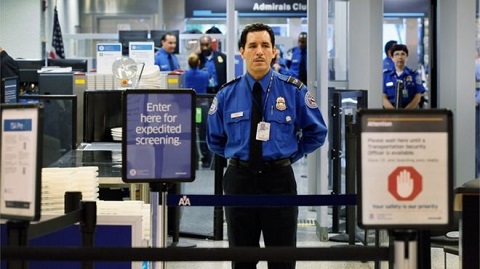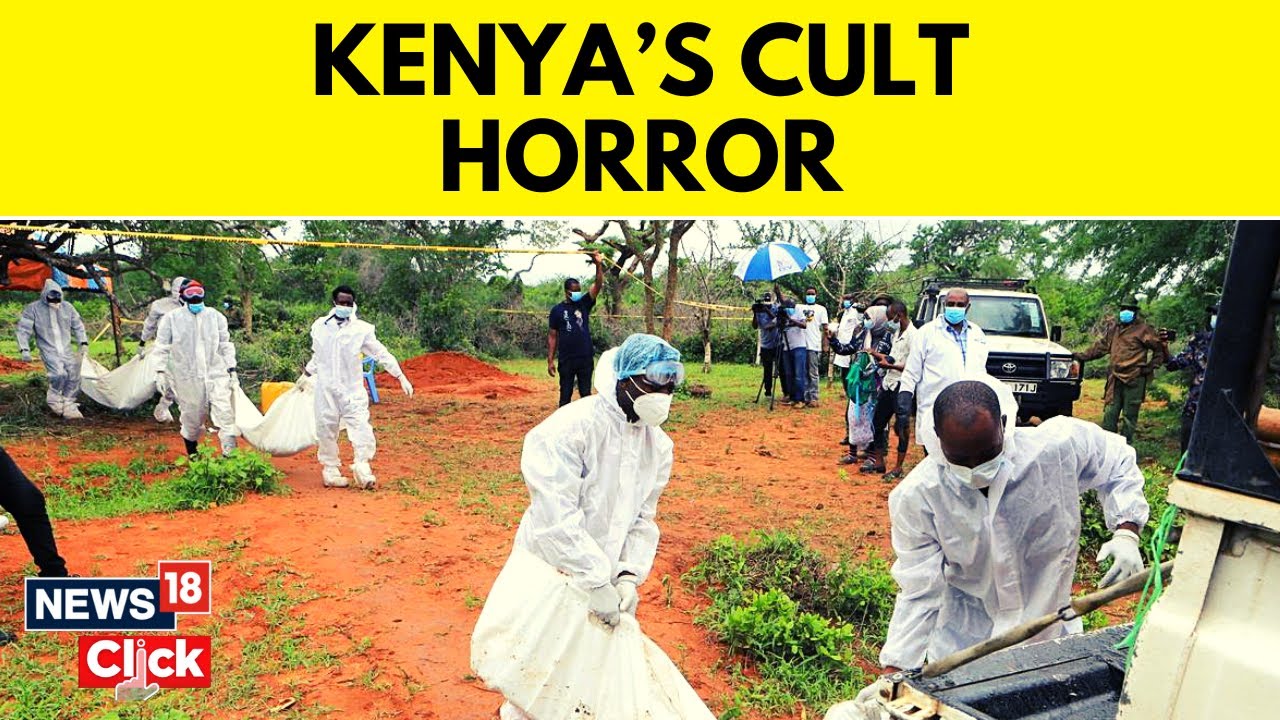The US Transportation Security Administration (TSA) is facing criticism for secretly tracking Americans on flights, US media report.
The “Quiet Skies” programme reportedly uses an unknown algorithm to flag flyers without any criminal record for surveillance on domestic flights.
Air marshals tasked with carrying out surveillance have pushed back against the programme, according to US media.
TSA denies any racial profiling and says it is a “practical” method.
“With routine reviews and active management via legal, privacy and civil rights and liberties offices, the programme is a practical method of keeping another act of terrorism from occurring at 30,000 feet,” the agency said to the BBC in a statement.
What is the programme?
Under “Quiet Skies”, federal air marshals have been shadowing travellers on their flights and reporting any suspicious behaviour to TSA, the Boston Globe first reported on Sunday.
These travellers – who are in some cases American citizens – are not part of terrorist screening databases nor are they suspected of any wrongdoings, according to the newspaper.
Travellers are not notified when they have been added to the “Quiet Skies” list, which US media report contains fewer than 50 people.
The programme had been a previously undisclosed TSA operation, but has been in place since 2010.
What are officials looking for?
The programme first uses an algorithm to analyse a passenger’s travel pattern and any potential affiliations, according to US media.
Officials then look at the data and determine whether the passenger should be observed by air marshals.
“The purpose of this programme is to ensure passengers and flight crew are protected during air travel,” TSA said in a statement to the BBC.
“The programme doesn’t take into account race and religion, and it is not intended to surveil ordinary Americans.”
According to TSA internal documents published by the Boston Globe, air marshals observe passengers for a number of behaviours including:
Excessive fidgeting
Excessive sweating
Cold penetrating stare
Wide open, staring eyes
Face touching
How much they sleep during a flight
Using a smartphone
A spokesman for the agency said that if a passenger’s behaviour is uneventful and the flight goes smoothly, they will not be approached or arrested.
TSA maintains that it does not look at race or religion.
However, the criteria for choosing “Quiet Skies” passengers appear to be unclear in internal documents, according to the Globe report.
Sources told the newspaper that in the past, air marshals have shadowed a businesswoman, a Southwest Airlines flight attendant and even a fellow law enforcement officer.
The TSA likened “Quiet Skies” to a beat cop on a neighbourhood street corner in an emailed statement to the BBC.
“This programme’s core design is no different than putting a police officer on a beat where intelligence and other information presents the need for watch and deterrence.”
TSA has not offered information regarding the success rate of this programme in foiling criminal plots.
What is TSA?
TSA was founded in 2001, shortly after the 9/11 terrorist attacks on New York, Washington and Pennsylvania that left nearly 3,000 people dead.
The agency falls under the Department of Homeland Security, and lists its mission as protecting US transportation systems “to prevent similar attacks in the future”.
In 2018, TSA set a screening record – scanning 72 million passengers from 15 March to 15 April. On an average day, TSA screens 2.1 million passengers and crew.
Air marshals, who are armed federal law enforcement officers, are also a part of TSA. The Federal Air Marshal Service is tasked with investigative work to “detect”, “deter” and “defeat” terrorist acts.
TSA has been repeatedly criticised over complaints of improper and intrusive screenings.
What’s the reaction?
US media report several sources have said “Quiet Skies” has sparked criticism within TSA.
John Casaretti, president of the Air Marshal Association, said in a statement that the programme “does not meet the criteria” of “acceptable” missions.
“The American public would be better served if [air marshals] were instead assigned to airport screening and check-in areas so that active shooter events can be swiftly ended, and violations of federal crimes can be properly and consistently addressed,” he told the Globe.
Hugh Handeyside, a lawyer with the American Civil Liberties Union’s National Security Project, said the surveillance was “a big waste of taxpayer money and raises a number of constitutional questions”.
“These concerns and the need for transparency are all the more acute because of TSA’s track record of using unreliable and unscientific techniques to screen and monitor travellers who have done nothing wrong,” he said.








